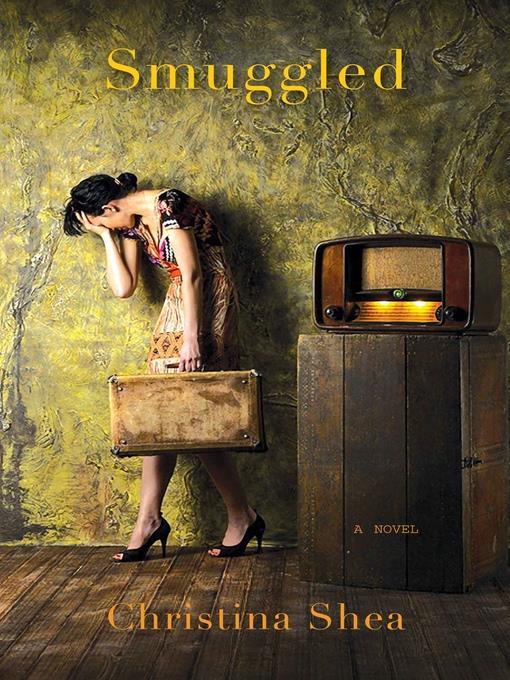
Smuggled
A Novel
- اطلاعات
- نقد و بررسی
- دیدگاه کاربران
نقد و بررسی

May 16, 2011
Shea's second novel (after Moira's Crossing) begins strongly enough in 1943, when precocious five-year-old Ãva is smuggled out of Hungary. To save Ãva's life, her Jewish mother and gentile father drug her, tie her into a flour sack, and ship her by train to Romania. There, her father's sister takes her in, rechristening her Anca Balaj and speaking to her only in Romanian. Shea then forces Anca into situations to make political points about Ceausescu, communism, loyalty, and brutality. The once-willful child becomes a passive adult, and the story charges ahead, dragging her along with it. Emphasizing Ãva/Anca's role as a victim is a carousel of unsavory lovers, including an abusive coach who breaks her jaw and a concentration camp survivor who supplements his dentist's income with "post-mortem extractions" of golden teeth. Though Shea writes vividly and has clearly done her homework, the story serves history better than fiction. Ãva's eventual return to Hungary is marked by overwrought imagery and labored plotting, the opposite of what is needed: a glimpse into this woman's soul.

August 1, 2011
A novel about identity set over the course of four decades, from the author of Moira's Crossing (2000).
In 1943, on a train in Hungary, 5-year-old Eva, daughter of Eszter and Gyorgy, slips into a flour sack. She steps out in Romania as Anca, her parents now Auntie Kati and Uncle Ilie. Had she stayed in Hungary, she surely would have died during World War II; Eszter dies on her way to Auschwitz and Gyorgy by his own hand, of a broken heart. Shea does an excellent job of capturing the individuality at the heart of a war that most readers know only from textbook summaries. Kati handles her new charge with a combination of distance and nurturing. The scenes with Miss Pharmacist, Anca's first friend and her first real betrayer in Romania, add complexity to the adult world without compromising the novel's focus on young Anca. In her new home in Romania, she pushes back against her name change, "such an ugly name—like glass breaking," but we also see her start to mature. Anca goes on to lead an intense life, maintaining her secret identity for half a century while meeting others who also carry secrets sprung from the changing times: another secret Jew, a closeted homosexual, a back-alley abortion doctor, a fetishist, a power-abusing coach in the burgeoning European table tennis world. Her favorite childhood story is about a prideful princess and a resourceful, self-aware swineherd. Throughout these pages, she becomes both.
A satisfying read.
(COPYRIGHT (2011) KIRKUS REVIEWS/NIELSEN BUSINESS MEDIA, INC. ALL RIGHTS RESERVED.)

June 15, 2011
In the 20th century, Eastern Europe was ravaged by Nazism and then communism, a tragic history that forms the backdrop of Shea's quiet second novel (after Moira's Crossing). When Eva Farkas is five years old, she is smuggled out of Hungary in a flour sack by her desperate parents, who know what lies in store for them as Jews when the Germans invade during World War II. Eva lives in Romania with her father's gruff sister and brother-in-law, who rename her Anca Balaj; she must forget her past and speak only Romanian. As the war ends and a new set of oppressors impose their rule, Anca suffers smaller sorrows, including an attack ending the Ping-Pong career that promised something better. Always, she aches for escape, but only with the fall of communism can she again become Eva and return to Hungary to claim her legacy. VERDICT Shea is less intent on showing totalitarianism's horrors than its capacity to grind down the soul. At times too matter-of-fact, her story nevertheless delivers a sure sense of that grinding and pulls itself up with a luminous ending that will please most readers.--Barbara Hoffert, Library Journal
Copyright 2011 Library Journal, LLC Used with permission.




دیدگاه کاربران